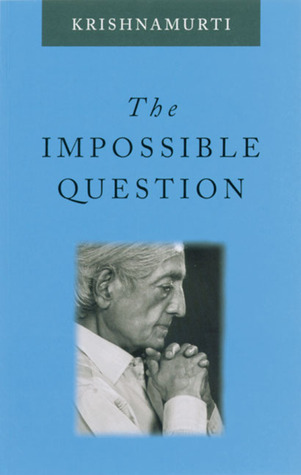
Reflections on the Self
Book Description
What if the greatest journey isn’t across the landscape of the world, but within the depths of the mind? In "Reflections on the Self," J. Krishnamurti weaves a profound tapestry of self-exploration, challenging the very essence of identity and consciousness. Each page ignites a quest for truth, unraveling layers of conditioning that confine the spirit. With razor-sharp insights and striking clarity, the book confronts the illusions we cling to and the freedom found within vulnerability. As the curtain lifts on the self, what revelations await in the shadows of our own existence? Are you ready to face what lies within?
Quick Book Summary
"Reflections on the Self" by J. Krishnamurti is a profound philosophical work that invites readers to embark on an inward journey, exploring the complexities of identity and consciousness. The book challenges the reader to confront the psychological conditioning and societal influences that shape our sense of self, urging a direct, honest inquiry into our true nature. Krishnamurti’s teachings emphasize the importance of self-awareness, the dangers of living through manufactured thought patterns, and the liberating power of authentic perception. Through a series of reflections and insights, the book dismantles the illusions that veil our inner freedom, advocating a life lived with clarity, vulnerability, and openness. Ultimately, "Reflections on the Self" is both a guide and a companion for readers prepared to face themselves and uncover the transformative potential of genuine self-understanding.
Summary of Key Ideas
Table of Contents
Questioning the Nature of the Self
Krishnamurti opens his work by urging readers to closely examine their understanding of the self. He posits that our identities are often constructed from memories, beliefs, and experiences handed down by society, family, and tradition. By asking us to watch our minds and investigate without bias, he brings to light how attachment to a personal narrative creates separation and conflict, both within and externally. The notion of 'self' is not a fixed entity, but a constantly changing construct shaped by thought and conditioning.
Breaking Free from Conditioning
Central to Krishnamurti’s message is the process of breaking free from deep-rooted psychological conditioning. He asserts that human suffering and confusion stem from inherited patterns of thought, fear, and desire, reinforced by culture, religion, and education. True understanding, he says, requires observing these patterns as they arise and questioning their validity, rather than blindly accepting or resisting them. Only by exposing the machinery of conditioning can one glimpse the possibility of unconditioned awareness.
The Illusions of Thought and Authority
A significant focus of the book is on the illusory nature of thought and the authority we give to both internal and external sources. Krishnamurti highlights how reliance on thought for identity, security, or truth often perpetuates illusion. He warns that following authority—be it spiritual leaders, tradition, or our own intellectual frameworks—prevents genuine discovery. Instead, he advocates for a direct, unmediated observation of reality, free from the filters of expectation and belief.
Awareness and Inner Freedom
Krishnamurti emphasizes awareness as the key to inner freedom. True awareness, he suggests, is a choiceless observation of one’s thoughts, emotions, and actions in the present moment. This kind of observation is not analytical or judgmental, but open and receptive. Through such attention, the mind becomes quiet and self-knowledge grows organically, leading to a spontaneous transformation in behavior and perception without external force or discipline.
Embracing Vulnerability and Transformation
The book concludes by exploring vulnerability as a path to transformation. Krishnamurti suggests that when we drop our defenses and face our fears and illusions openly, we create space for authentic living. Embracing our vulnerability brings honesty, compassion, and an end to psychological conflict. In dissolving the barriers between ourselves and others, a new sense of freedom and connectedness emerges, making it possible to experience life as it truly is, beyond the confines of the conditioned self.
Download This Summary
Get a free PDF of this summary instantly — no email required.





